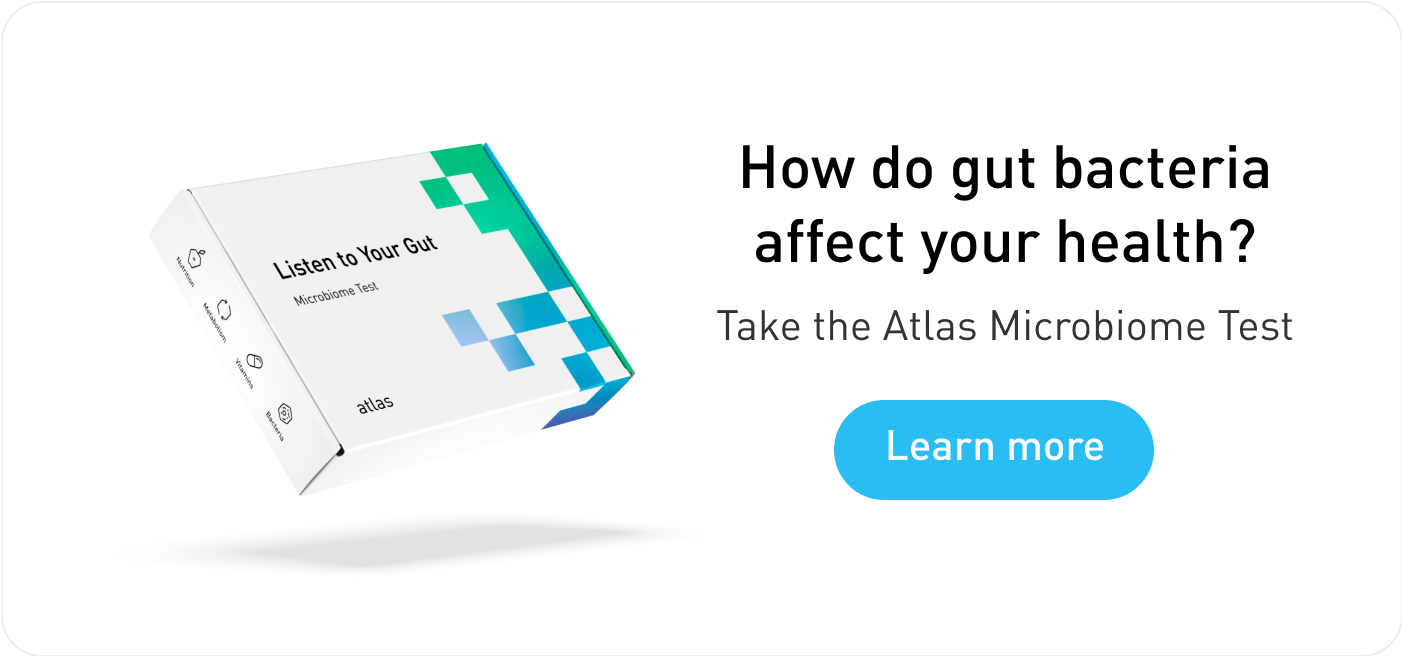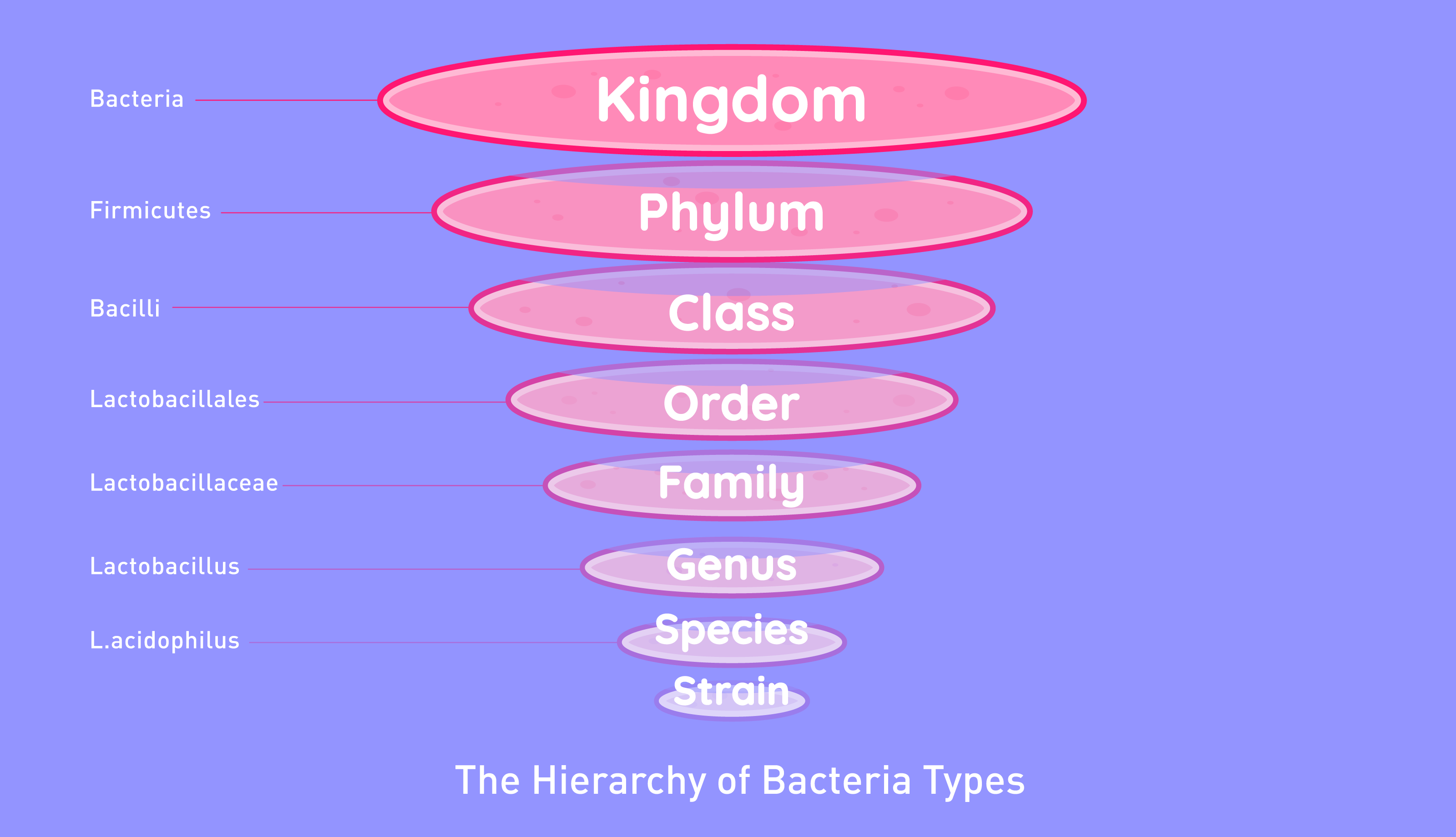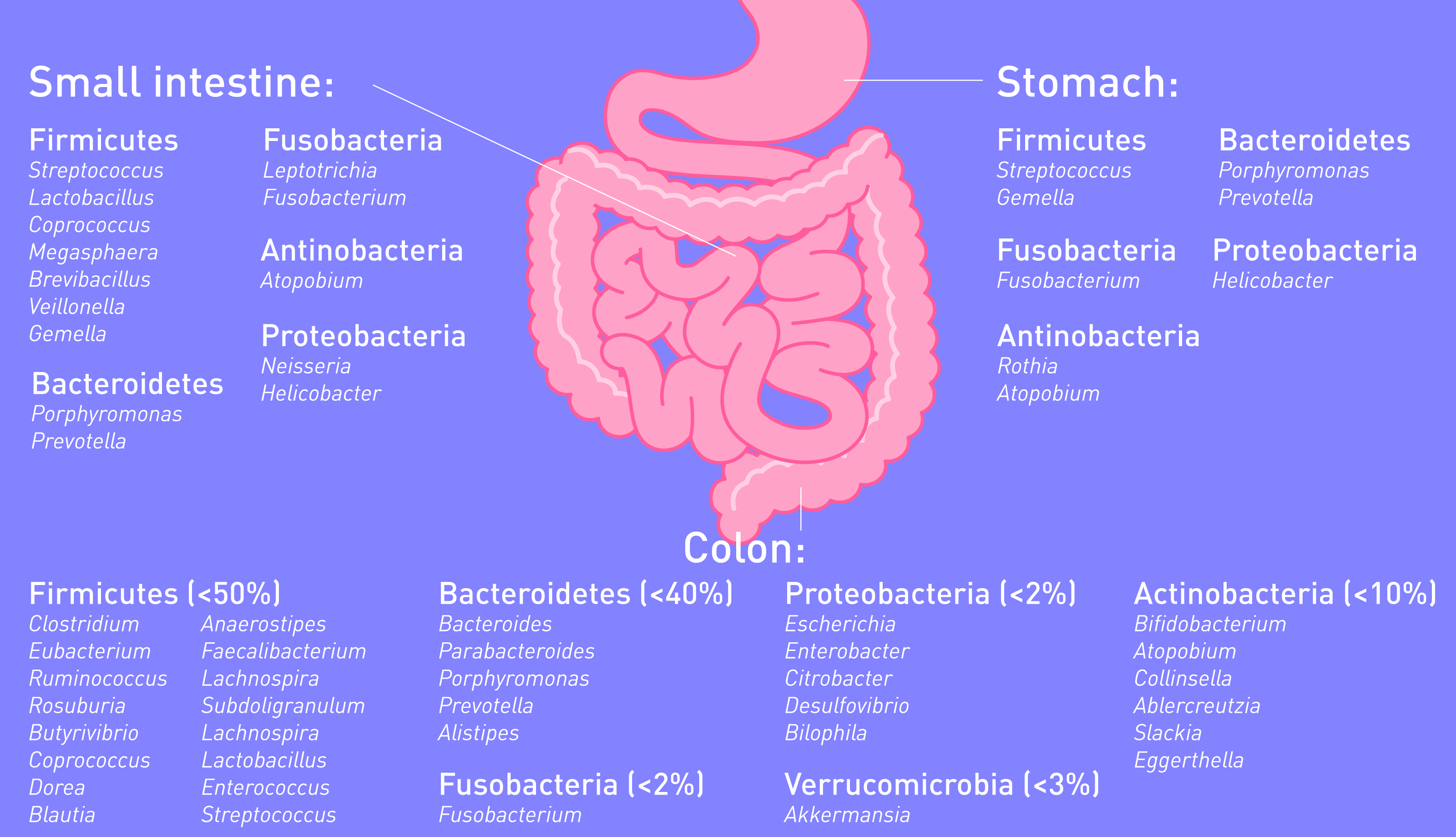Soil-based probiotics are bacteria naturally found in the earth. One of the most common types of soil-based probiotics (bacillus) has been used to ferment foods for hundreds of years.
If you’ve tried other types of probiotics and they haven’t worked for you, soil-based probiotics might be worth a go. Read on to find out how soil-based probiotics could boost your health.
For most of human history, we were living close to the earth. We got our food from the ground, not the supermarket, and we didn’t use disinfectants to wash it. Today, unless you grow your own food or eat organic produce straight from the field, you won’t ever come across soil-based probiotics.
Table of contents
- What are soil-based probiotics?
- Common types of soil-based probiotics
- What are soil-based probiotics for?
- Soil-based probiotics for SIBO
- Soil-based vs. traditional probiotics
- Are soil-based probiotics safe?
There are quite a few soil based probiotics on the market, and like so many other supplements, you can find a lot of ridiculous claims on the internet about them. Let’s separate fact from fiction by looking at the research.
☝️DISCLAIMER☝This article is for informational purposes only. It is not intended to constitute or be a substitute for professional medical advice, diagnosis, or treatment.
What are soil-based probiotics?
There are over 100 types of soil-based probiotics. All found in the earth, they do the same job for the plants that grow there as the bacteria in your gut do for you: break down material, produce vitamins, and fight pathogens like bad bacteria and fungus.
Because humans evolved with them, soil-based probiotics may play an important role in your microbiome (the communities of microbes living in your gut), and your general health. Some experts highlight research showing that soil-based probiotics can:
- balance your immune system
- modulate your gut microbiome,
- improve digestion.
Others say they’re potentially dangerous. Both these camps base their claims on the ability of soil-based probiotics to form spores.
This can be a good thing or a bad thing. It’s good because they have more potential to set up home in your gut and re-balance your struggling microbiome. Soil-based probiotics are so tough they don’t even need to be kept in the fridge.

But this resilience is what worries opponents of soil-based probiotics. Some experts say that they can overcrowd the gut environment and elbow some of our resident friendly bacteria out of the way.
When it comes to your microbiome, it’s all about diversity. Some ‘pushy’ types of bacteria are more likely than others to take over and reduce that diversity. The healthiest populations in the world are the ones with many different types of bacteria and other microbes in their guts. The more ‘Western’ your lifestyle, the less diverse your microbiome is likely to be.
Some strains of soil-based probiotics have been well-researched and appear likely to give at least some people significant health benefits. Others, however, have very little or no research behind them. That means any claims you hear about them are purely anecdotal: they may have worked for one person, but we don’t know why, and we don’t know that they’re safe.
What are soil-based probiotics for?
Probiotics with soil-based organisms can be helpful for the same things that traditional probiotics are helpful for. Here’s a quick list of conditions that soil-based probiotics can support (based on the findings of at least one study):
| Preventing and treating diarrhoea | Enhancing immune function |
| Diversifying your microbiome | Improving symptoms of depression |
| Reducing side-effects of antibiotics | Easing symptoms of allergies |
That doesn’t mean that they won’t help your particular disease or set of symptoms, just that the manufacturers can’t claim that they will definitely help you (although they may try!)
Common types of soil-based probiotics

It’s important that you know the difference between the genus, species, and strain when choosing a probiotic. For instance, Bacillus is a genus of bacteria, and coagulans is a species of bacillus. However, there are different strains of Bacillus coagulans, and they all have different effects.
Below, you’ll see the genus and species of some soil-based probiotics and what research can tell us about the different strains of each. The problem is, most probiotic supplements you find in shops don’t tell you which strains they contain.
Bacillus coagulans
Bacillus coagulans, also known as B. coagulans, is a soil-based probiotic that produces lactic acid – a microbial metabolite that supports gut health.
- GBI-30, 6086: reduces symptoms of IBS, enhances immune function, and beneficially modulates the gut microbiome.
- Unique IS-2: improves symptoms of bacterial vaginosis and IBS symptoms in children. Inhibits the proliferation of cancer cells.
- MTCC 5856: significantly reduces bloating, abdominal pain, and depressive symptoms in IBS patients.
Bacillus subtilis
Bacillus subtilis, also known as B. subtilis, is sometimes called the “hay bacillus” or “grass bacillus” because it’s found in the gastrointestinal tract of cows (and humans).
- DE111 reduces body fat percentage and blood markers of inflammation, and improves bowel irregularity.
- CU1: improves immune function.
- R0179: survives passage through the GI tract.
- IP 5832: gives better patient outcomes in Salmonella gastroenteritis.
Bacillus clausii
Bacillus clausii, also known as B. clausi, can reduce nitrate in the soil to nitrite.
- OC, NR, SIN, and T: beneficial for those with allergies, reducing nasal congestion and the need for antihistamines. Reduces bacterial overgrowth in the small intestine.
Bacillus indicus
Bacillus indicus produces a distinct yellow-orange pigmentation. There are no scientific studies of B. indicus as a stand-alone probiotic.
Bacillus licheniformis
Bacillus licheniformis is found on bird feathers, especially chest and back plumage. There are no scientific studies on the individual strains of B. licheniformis. There are reports of it behaving as a pathogen (disease-causing bacteria), but no proof.
Enterococcus faecium
Enterococcus faecium, also known as E. faecium, can be commensal in the guts of humans and animals, but it may also cause diseases like neonatal meningitis or endocarditis.
- L3: reduces C. difficile infection.
- IS 27526: increases weight gain in underweight preschool children.
Clostridium Butyricum
Clostridium butyricum, also known as C. butyricum, is widely used as a probiotic in Asia.
- MIYAIRI 588: reduces side effects in H. pylori eradication therapy.
Soil-based probiotics for SIBO

Soil-based probiotics benefits have been investigated in the treatment of small intestinal bacterial overgrowth (SIBO) in patients with IBS. In particular, one probiotic containing all four strains of Bacillus clausii was shown to help control SIBO in a small study with 60 people.
A 2007 study compared its effects to taking an antibiotic on SIBO patients. Half of these patients took Bacillus clausii for one month, while the other half got an antibiotic for one week. Afterwards, 56% of the group taking Bacillus clausii had cleared their bacterial overgrowth, while only 40% of the patients on the antibiotic did.
☝Remember☝ 60 patients is a small study, and it’s just one study. The results are still noteworthy, but you should always consult your doctor if you are worried about SIBO.
The difference between soil-based organisms and other probiotics
There are two main differences between probiotics with soil-based organisms and other probiotics. Both of them are down to their hardiness:
- Soil based probiotics have a longer and more stable shelf-life, so they don’t need to be refrigerated. That means they might be easier to take with you when you’re travelling.
- They appear to survive the first part of their journey through your stomach and small intestine. Some studies suggest traditional probiotics are less likely to survive to the same extent.
Unfortunately, their strength could spell a weakness for you: if your microbiome or immune system isn’t as robust as it could be, theoretically, they are more likely to take over and disrupt your microbial balance even further.
Are soil-based probiotics safe?
One 2017 study on the safety of Bacillus probiotics concluded that, although they have had “an overall excellent health promoting record”, especially for diarrhoea, H. pylori, and maintaining the delicate balance of microbes in your gut, if you have any issues with your immune system, you should probably steer clear.
If you’re fit and well, there’s no reason why you shouldn’t try one of the well-researched strains. There are no best soil-based probiotics, just consider the specific strain of bacteria when you make your decision about which one to buy. If the strain isn’t listed on the label, contact the manufacturer to ask them which one they use in that product. If they can’t tell you, stay away!
☝TIP☝ Take the Atlas Gut Microbiome Test and find out what bacteria are doing in your gut.



















